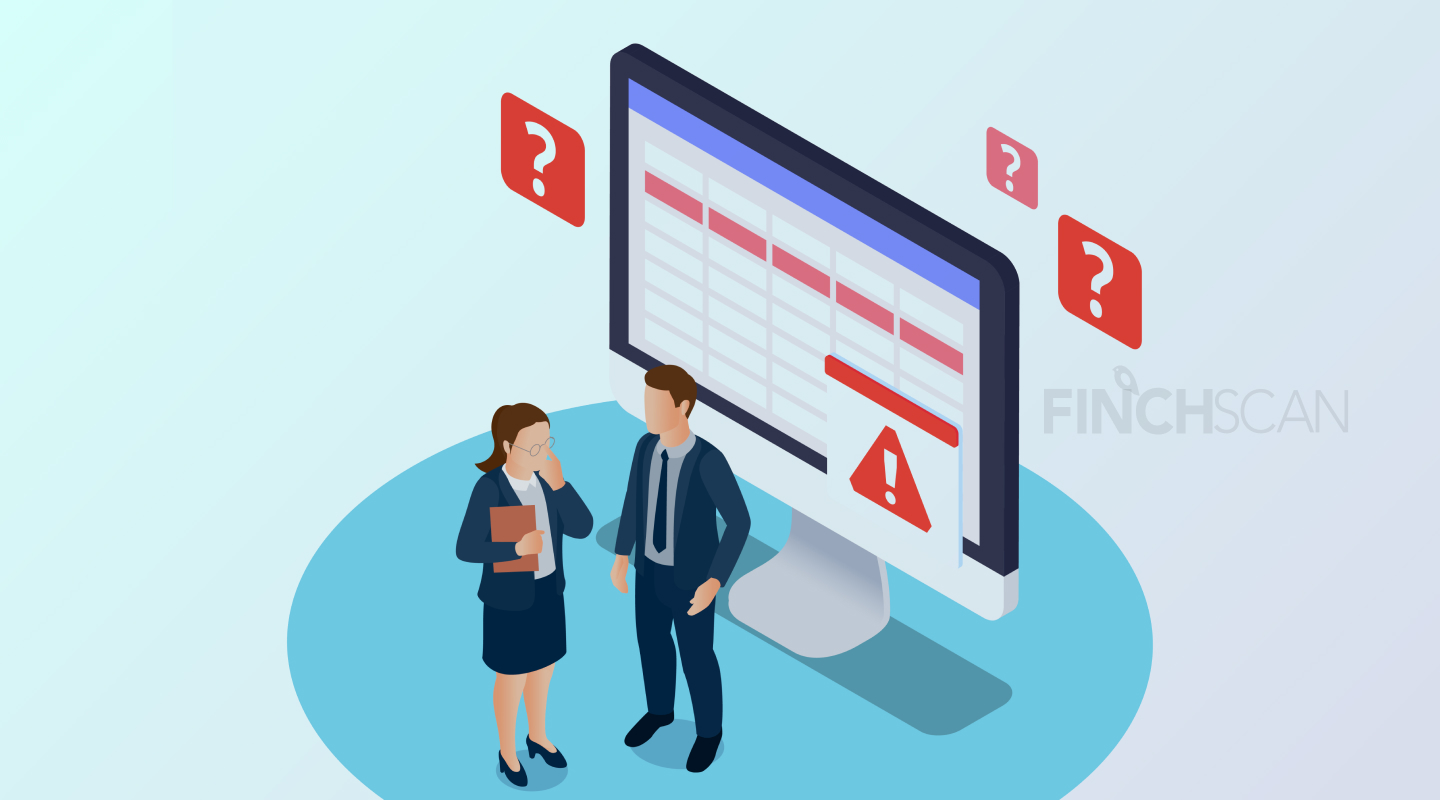The Role of PEP Screening in AML Compliance

Adherence to global sanctions requirements is a fundamental component of robust Anti-Money Laundering (AML) and Counter-Terrorist Financing (CFT) frameworks. According to the World Bank, corruption costs the global economy an estimated $3.6 trillion annually, while United Nations reports show that up to 5% of global GDP (roughly $2 trillion) is laundered each year. Within this ecosystem, Politically Exposed Persons (PEPs) pose some of the highest risks, as evidenced by numerous high-profile scandals, the role of PEPs in sanctions compliance is critical to mitigating exposure, safeguarding reputation, and ensuring regulatory adherence.
Who are Politically Expose Persons (PEPs) and Why Do They Matter?
A PEP is an individual who holds, or has held, a prominent public position or function, such as a head of state, senior government official, military leader, judicial authority, or an executive at a state-owned enterprise. Due to their influence and access to public funds, PEPs are inherently exposed to risks of corruption, bribery, embezzlement, and illicit financial flows. International regulators, including FATF, OFAC, EU, and the UAE Central Bank, classify PEPs as high-risk entities requiring enhanced due diligence (EDD) and ongoing monitoring.
Red Flags in PEP Sanctions Compliance
When screening PEPs, organizations must look beyond static lists and identify behavioral, transactional, and relational red flags. Key risk indicators include:
- Unexplained Wealth: PEPs with assets disproportionate to their known income sources.
- Connections to Sanctioned Entities: Direct or indirect relationships with sanctioned individuals, jurisdictions, or organizations.
- Unusual Transaction Patterns: High-value transfers, cross-border movement of funds, or transactions in high-risk jurisdictions.
- Third-Party Intermediaries: Reliance on relatives, associates, or proxies to move assets or conduct business.
- Involvement in High-Risk Sectors: Engagement in industries prone to corruption — such as natural resources, defense, or public procurement.
Regulatory Expectations
Regulators demand that institutions adopt a risk-based approach in identifying and managing PEP exposure. This includes:
- PEP Screening: Against global and local sanctions lists, watchlists, and adverse media sources.
- Enhanced Due Diligence (EDD): Additional verification, source of funds checks, and beneficial ownership analysis.
- Ongoing Monitoring: Continuous monitoring the PEPs profiles to detect risk status changes, new sanctions designations, or emerging risk indicators.
- Reporting Obligations: Filing Suspicious Activity Reports (SARs) and Suspicious Transaction Reports (STRs) or when red flags suggest potential illicit activity.
How FinchSCAN can help
Traditional compliance tools often generate high false positives, overwhelming compliance teams and creating inefficiencies. FinchSCAN addresses these challenges with an AI-powered SaaS-based AML screening tool that combines enhanced accuracy with intuitive workflows, empowering both compliance and non-compliance teams to make informed decisions with confidence.
Our key features include:
- Comprehensive Global Sanctions & PEP Database – covering multi-jurisdictional lists with PEPs and adverse media sources and automated list updates.
- Ongoing Monitoring – continuous screening to detect new risk designations or status changes in real time.
- Advanced List Management – to reduce noise and focus on the lists that matter for your business.
- goAML-Ready Reporting – generate STRs and audit reports aligned with regulatory requirements.
The role of PEPs in sanctions screening cannot be overstated. Ignoring PEP risk exposes businesses to regulatory penalties, reputational damage, and potential involvement in financial crime. FinchSCAN supports this critical process by enhancing AML screening process with practical workflows and AI-powered technology, making compliance more manageable and actionable for organizations.![]()
Related Posts

Why AML Compliance Is More Challenging for Small Businesses – and How FinchSCAN Can Help

Why Enhanced Due Diligence (EDD) is Critical and How to Choose the Right AML Solution

AML/CFT Compliance Requirements for Auditors and Accountants in the UAE
Recent Posts
- The Role of PEP Screening in AML Compliance September 23, 2025
- Why AML Compliance Is More Challenging for Small Businesses – and How FinchSCAN Can Help August 28, 2025
- Why Enhanced Due Diligence (EDD) is Critical and How to Choose the Right AML Solution May 28, 2025
- AML/CFT Compliance Requirements for Auditors and Accountants in the UAE May 21, 2025
- Sanctions Screening vs. PEP Screening: What is the Difference? May 7, 2025
